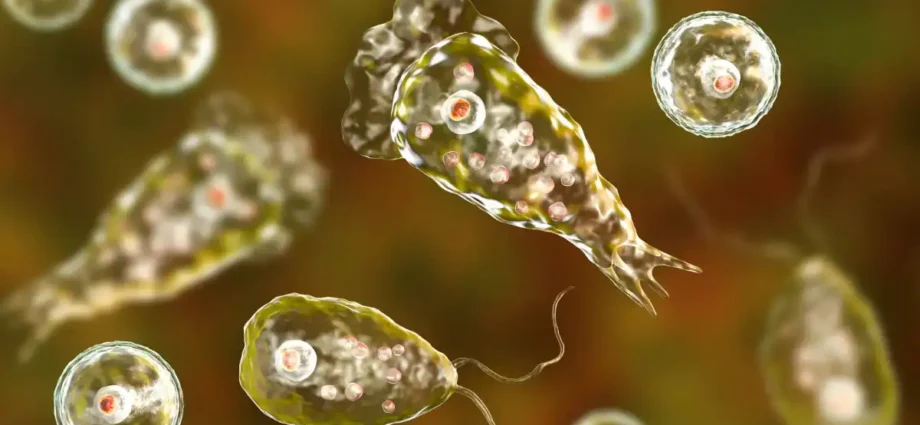Brain-eating Amoeba in India: On Wednesday night in Kerala, a 14-year-old passed away from an amoebic meningoencephalitis infection. According to health officials, this is the third death caused by brain-eating amoeba in Kerala in the past two months.
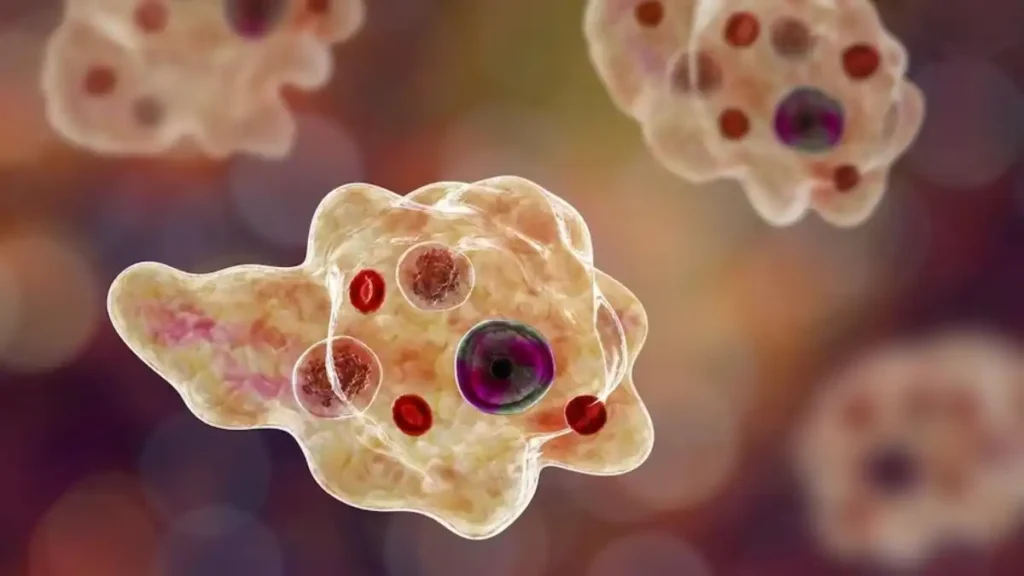
The brain-eating amoeba, or Naegleria fowleri, is an uncommon but hazardous pathogen that can seriously infect the brain.
The teenager, who was born in Kozhikode, Kerala, was admitted to the hospital on June 24 after displaying symptoms such as intense headache, nausea, and vomiting. It is believed that he contracted the illness while taking a bath in a brook close to his home.
The “brain-eating amoeba”—what is it?
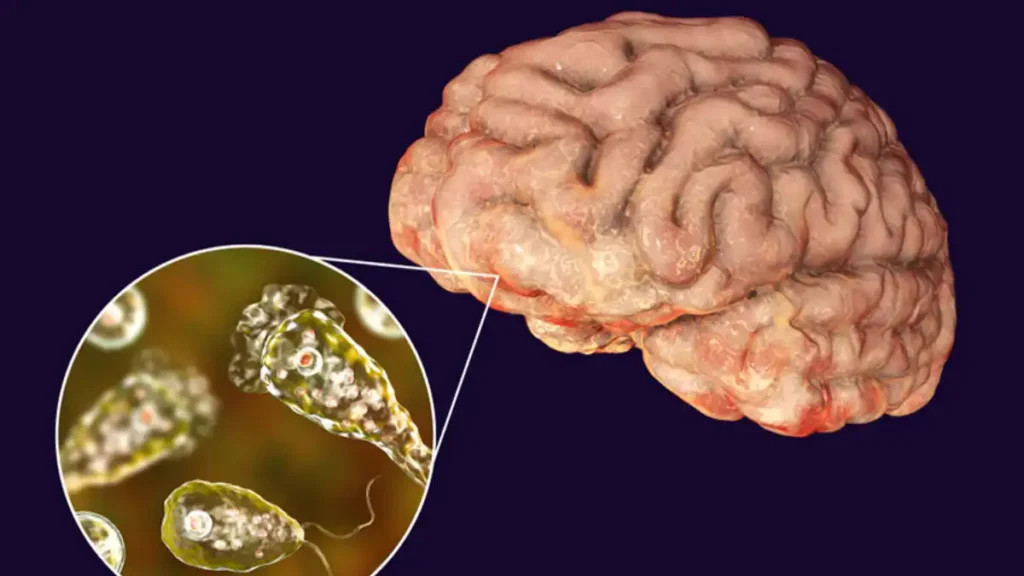
Primary amebic meningoencephalitis (PAM), a serious brain infection, can be caused by the uncommon but hazardous microbe Naegleria fowleri, the brain-eating amoeba. The amoeba can seriously harm brain tissue.
Naegleria fowleri symptoms
Two to fifteen days following exposure is when primary amebic meningoencephalitis symptoms usually appear. The symptoms worsen quickly. PAM can be challenging to diagnose in its early stages since its symptoms are similar to meningitis caused by bacteria or viruses.
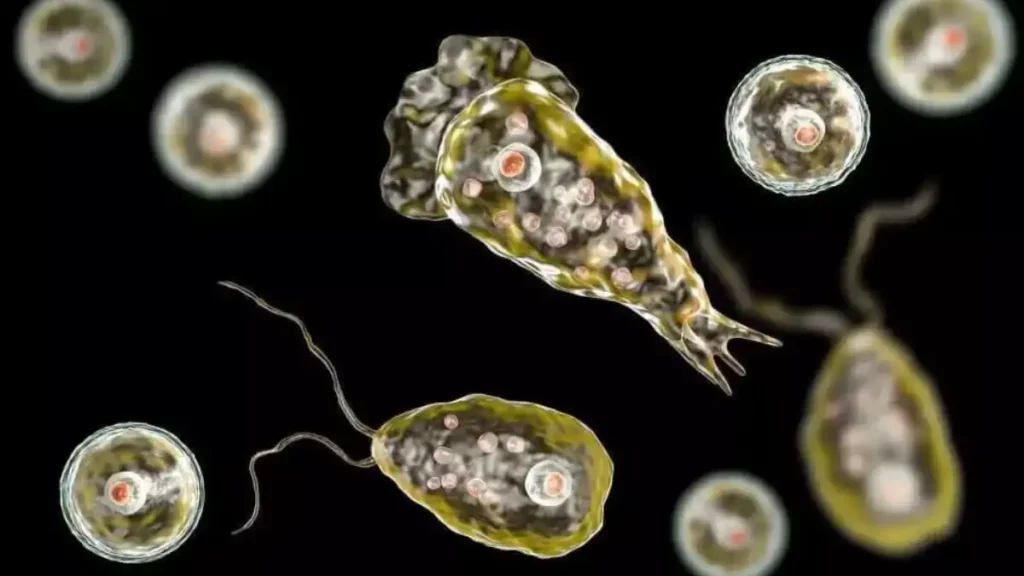
Brain-eating amoeba symptoms include headaches, fever, stiff necks, nausea, and/or vomiting in the early stages.
Later on, the patient may have confusion, disorientation, seizures, loss of balance, and possibly even go into a coma. Almost always, the infection results in death.
Where is brain-eating amoeba found?
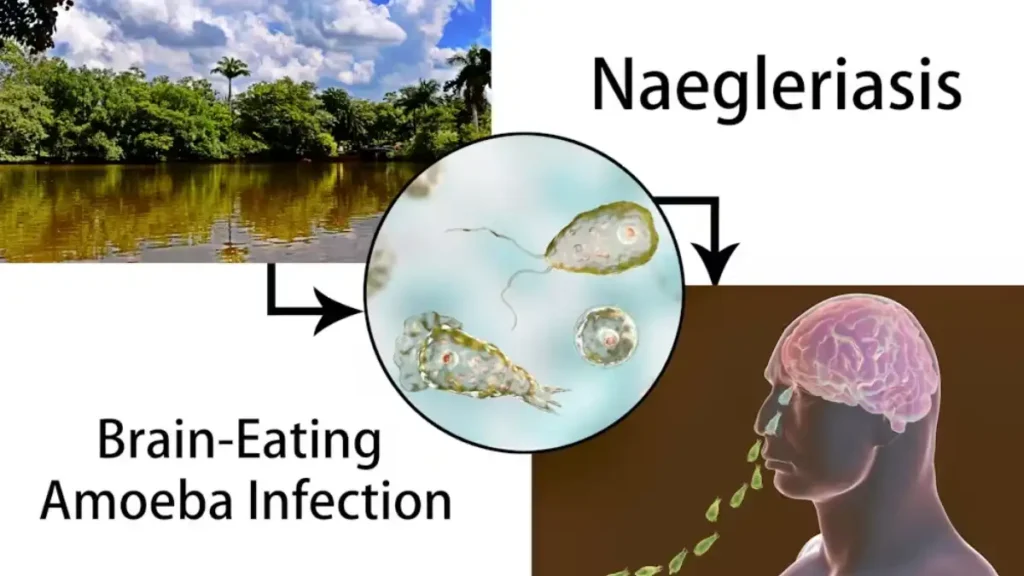
The Centers for Disease Control and Prevention in the USA state that warm freshwater lakes, rivers, and hot springs are ideal habitats for amoebas. Seldom, it can also be discovered in badly kept swimming pools.
How is it contracted and transmitted?
When Naegleria fowleri enters the body through the nose, infection results. This is because the olfactory nerve, which is situated close to the nasal cavity, provides the brain-eating amoeba with easy access to the brain.
Infection is not caused by ingesting water contaminated with the amoeba Naegleria fowleri.
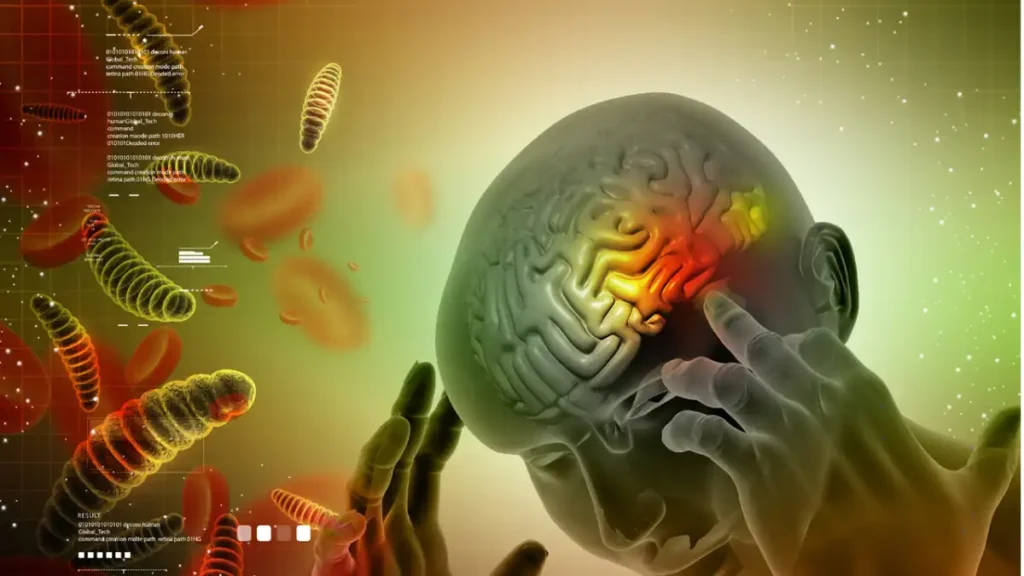
It is impossible for primary amebic meningoencephalitis to spread from person to person and is not communicable. Cleveland Clinic reports that no instances of the virus spreading from person to person have been reported.
Can brain-eating amoeba be cured?
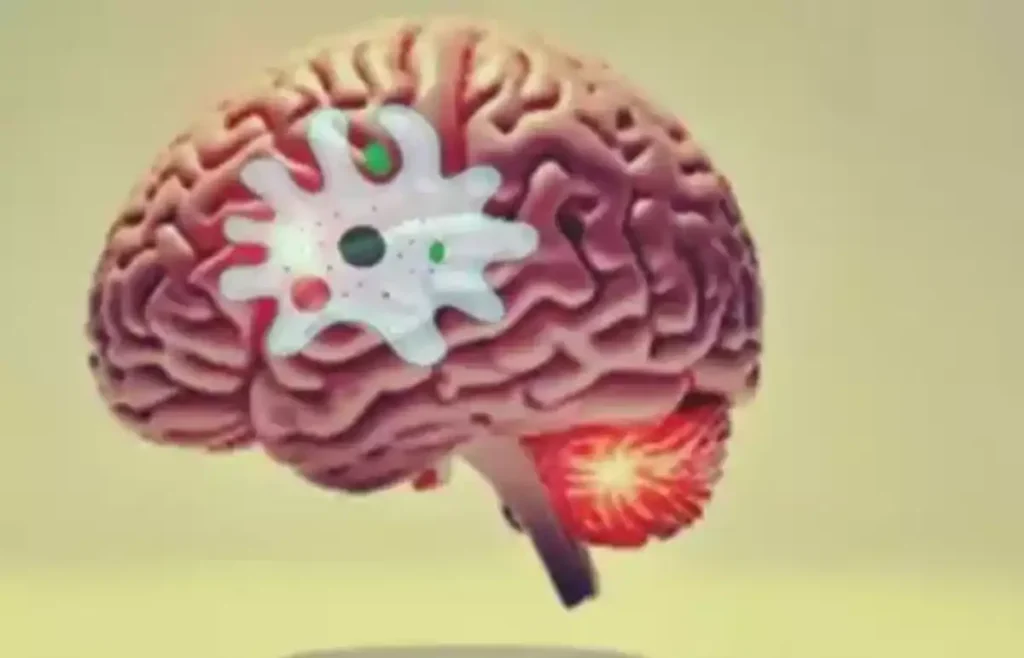
PAM advances swiftly and is frequently challenging to identify. In 97% of the instances, it is lethal. Nonetheless, the CDC reported that a mix of medications, including amphotericin B, rifampin, fluconazole, and a medication known as miltefosine, was administered to some Brain-eating amoeba survivors in North America.











